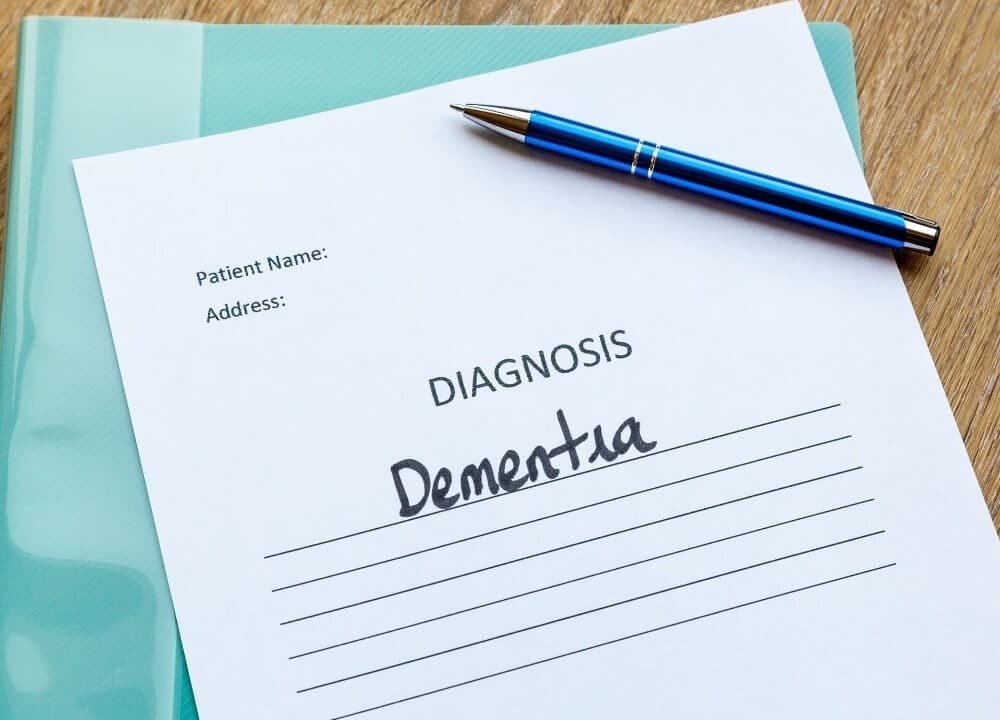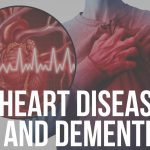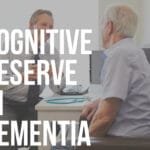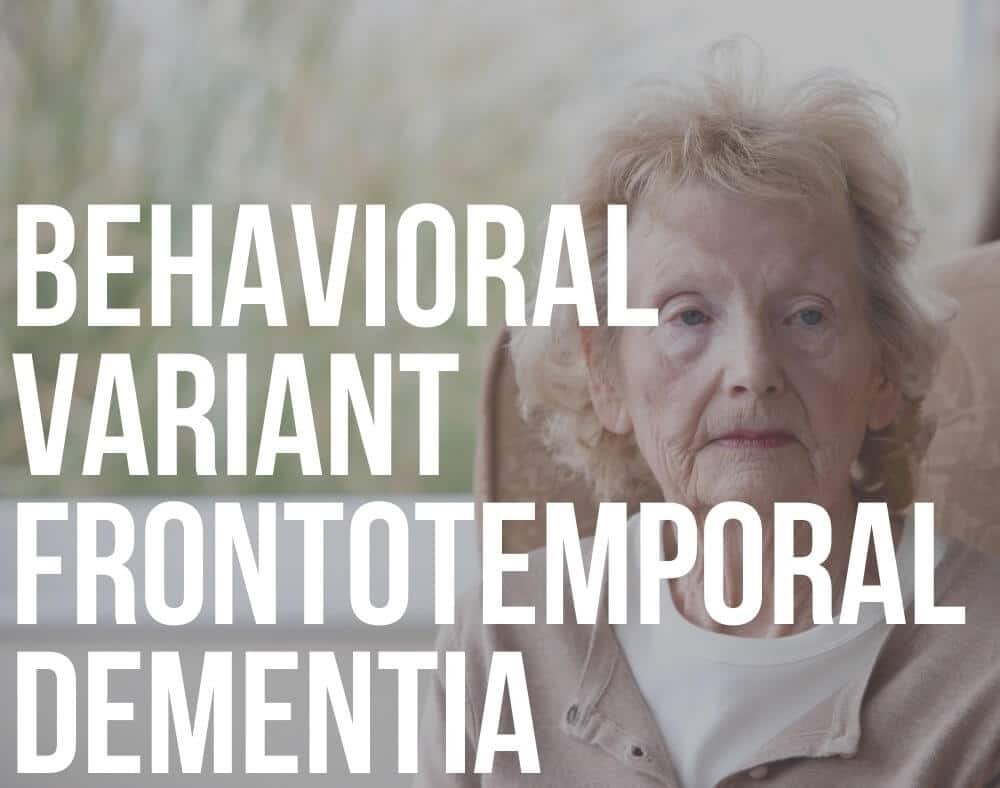It is essential to understand what dementia risk factors are the most common and what to do about them.
Everyone should carefully review them, as they can help with improving your overall life and health and possibly avoid or postpone the deadly disease.
Dementia Risk Factors and Prevention
WHO (World Health Organization) estimates worldwide, 50 million people have dementia and there are approximately 10 million new cases diagnosed each year.
With such a staggering statistic, understanding the risk factors and becoming educated may lower your chances of developing the condition.
What is Dementia Exactly?

Dementia is an umbrella term used to categorize certain symptoms associated with abnormal brain changes such as memory loss and poor judgment.
The condition itself is not reversible and there is not yet a cure.
It is important to clarify dementia is a serious condition, and not a disease of senility or considered to be a normal part of aging.
The causes are related to damaged brain cells that impair cognitive function impacting the ability to perform daily activities such as:
- Paying bills
- Driving
- Using the bathroom
- Cooking
- Taking medications
- Communicating
- Self-Care Practices
How is Dementia Diagnosed?

There isn’t a single test administered to diagnose dementia. Rather, a clinical assessment is made to determine the ability to perform cognitive skills needed for independent living.
Types of Dementia
- Alzheimer’s Disease is the most common form of dementia and makes up about 60-80% of all cases. progressive brain disease that affects approximately 5.2 Americans and the most common cause of dementia.
- Vascular Dementia is the second most common and is also referred to as multi-infarct dementia. It is defined as brain damage caused by multiple strokes (blocked blood vessels which deprive the brain of oxygen). This type of dementia falls into a subcategory of brain diseases called FTLD or Frontotemporal Lobar Degeneration.
- Dementia with Lewy Bodies is a type of dementia that has distinct physical symptoms such as body stiffness, tremors, insomnia, and visual hallucinations.
- Mixed Dementia is usually diagnosed at death. It occurs when there are multiple causes impairing brain function. At autopsy, the biomarkers typically reveal blocked blood vessels and a buildup of tau protein thereby confirming dementia as a diagnosis.
Dementia Risk Factors Explained

Alcohol
Medical experts state that excessive alcohol consumption over a long period of time can lead to a host of chronic health conditions including dementia.
Several studies have examined how alcohol impacts brain health.
A study in 2018 discovered alcohol holds potential to inhibits the body’s natural ability to clear amyloid plaque in the brain.
This explains excessive alcohol consumption as a potential risk factor for dementia.
Depression and Isolation
A major study conducted at Florida State University confirmed loneliness as one of the risk factors for dementia. They compiled data over a period of 10 years from approximately 12,000 participants.
The study results cited a 40% increase for risk for dementia as a direct effect of loneliness and depression.
Diabetes
Type 2 Diabetes poses serious vascular-related health risks, including dementia. Diabetes damages the blood vessels and causes nerve cell death which leads to further degenerative conditions.
Furthermore, research has concluded that Alzheimer’s patients don’t use glucose properly.
The receptors that communicate how to use insulin fail thus complicating blood sugar management. The lack of oxygen also creates a challenge for effective cell communication.
Obesity
Research has concluded that being “fat” is a big risk factor associated with dementia.
The reason is that being overweight negatively impacts our vascular health.
Adipose (fat) tissues have the potential to cause narrowing within the arteries leading to heart attack or stroke.
Additionally, it can affect the way oxygen is used and transported to important areas of the brain causing irreversible damage.
Smoking
Smoking directly affects vascular health. This translates to challenges in blood pressure, heart function, and breathing, increasing the risk for stroke or heart attack.
The relationship between stroke as a vascular dementia risk factor is very high due to the lack of oxygen to the brain.
The lack of oxygen to the brain creates unseen damage affecting logical thought, memory, judgment, and behavior.
Hearing Loss
The exact relationship between hearing loss and dementia is still being explored.
Researchers conclude dementia is worsened by the loss of hearing. They also indicate in some cases; hearing loss is misdiagnosed as dementia.
Studies also cite the risk for developing dementia doubles in individuals with minor hearing loss, and triples in those with moderate loss.
Sleep Apnea
Research has shown that irregular breathing patterns seen in sleep apnea patients can cause a buildup of beta-amyloid plaques. These disease-related proteins are the major biomarkers represented in Alzheimer’s cases.
NIH has specified untreated Obstructive Sleep Apnea or OSA as a risk factor for dementia due to compromised oxygen intake and stress on the body.
Sitting for Long Periods of Time
Medical experts agree have always known the lack of physical activity can lead to many health complications.
Engaging in a consistent exercise regimen tops the list of things you can do to avoid the risk of dementia.
A clinical study conducted at UCLA concluded that sitting for long periods of time reduces the thickness in certain areas of the brain that forms new memories.
How To Lessen Your Risk Factors for Dementia?

By educating yourself and partnering with your medical doctor, you can help to lessen your risk for dementia and other chronic diseases.
Top medical experts recommend the following self-care practices to stay healthy and reduce your personal risk for developing dementia.
- Find a way to incorporate exercise into your daily life.
- Consume nutrient-dense foods whenever possible. Experts advise adopting a Mediterranean style diet to ward off dementia and other chronic health conditions.
- Enjoy time with friends and family. Socialize and keep your brain active with stimulating activities such as board games, cards, or reading. A study indicates the risk of board game players is 15% less than that of non-board players.
- Manage your weight and stay within the recommended guidelines for blood pressure, BMI, cholesterol, and blood sugars.
- Get treatment for any sleep disorders, if necessary. There are many modern treatment solutions available for sleep apnea.
- If you are showing signs of depression, please reach out to a medical professional for treatment.
Conclusion
Healthcare management cites dementia as a leading cause of disability and care dependence.
Additionally, the projections for dementia cases worldwide are slated to be at 131 million affected persons by the year 2050.
With an ever-pressing need for answers, the research community is committed to finding improved treatment solutions for Alzheimer’s Disease and other dementia-related conditions.
Clinical study participation and improved technology assist scientists to better understand the complex actions of the brain.
They also serve to develop new drug therapies and to identify new possible risk factors associated with dementia.







